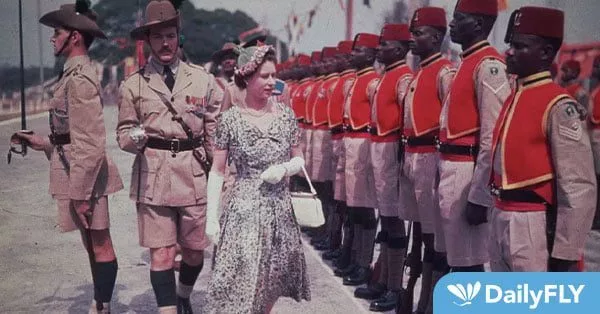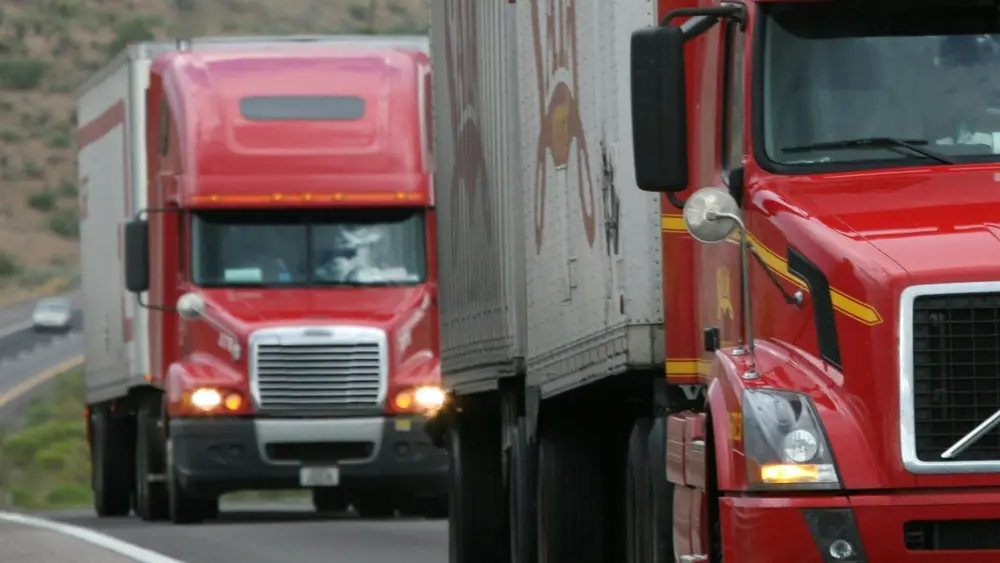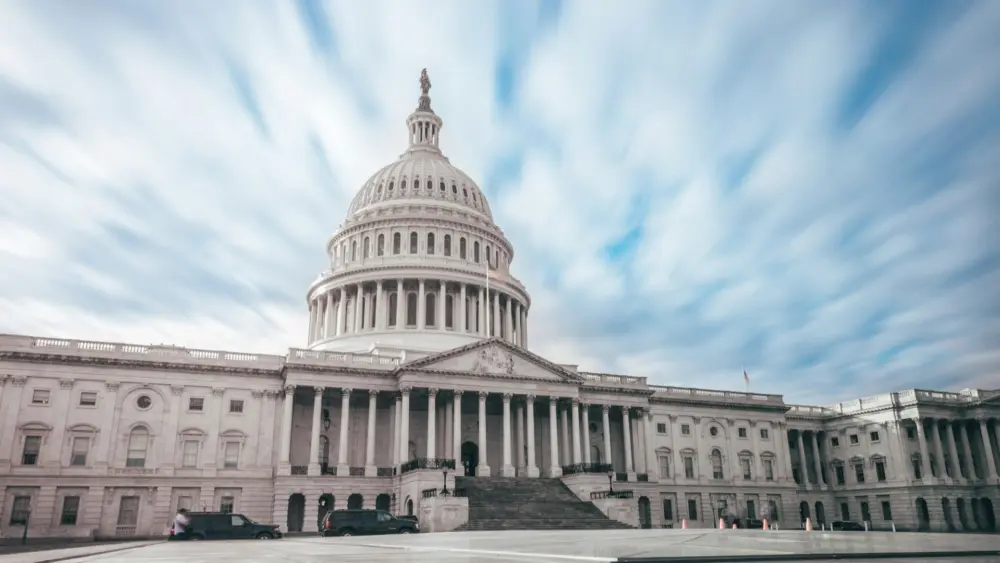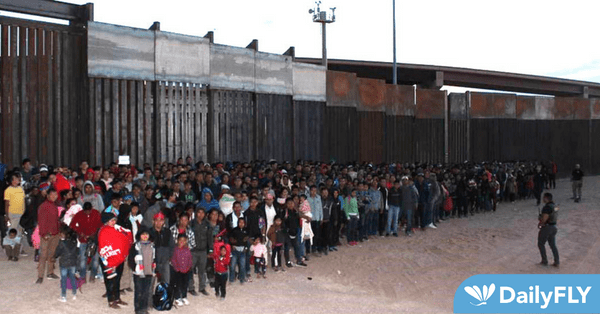ARTICLE FROM: https://stacker.com/stories/34991/how-world-changed-during-queen-elizabeths-reign
Queen Elizabeth II was crowned the Queen of England in 1953 upon the death of her father, King George VI. The world was a very different place than it is today when Queen Elizabeth took the throne. The British Empire still had colonies around the world, and the World Wide Web would not be invented until decades later. There had never been a female prime minister, and all the countries in Europe still had their own forms of currency.
Queen Elizabeth II was the longest-reigning monarch in the history of the United Kingdom, and since ascending the throne, both the United Kingdom and the world have changed tremendously. Gay rights and women’s rights across the globe have expanded dramatically, and the landed gentry and nobility have seen their positions of power and influence decline. The world has become, in some ways, more homogenized—as with standardized currency and unions of cooperation—and in some ways less, with colonial declarations of independence that did not formally end until Great Britain ceded control of Hong Kong in 1997.
In the wake of the recent passing of Queen Elizabeth, Stacker used news reports and historical sources to compile a list of many of the ways the world has changed in her 70 years on the throne. Keep reading to learn just how different the world is now than it was when her reign began.
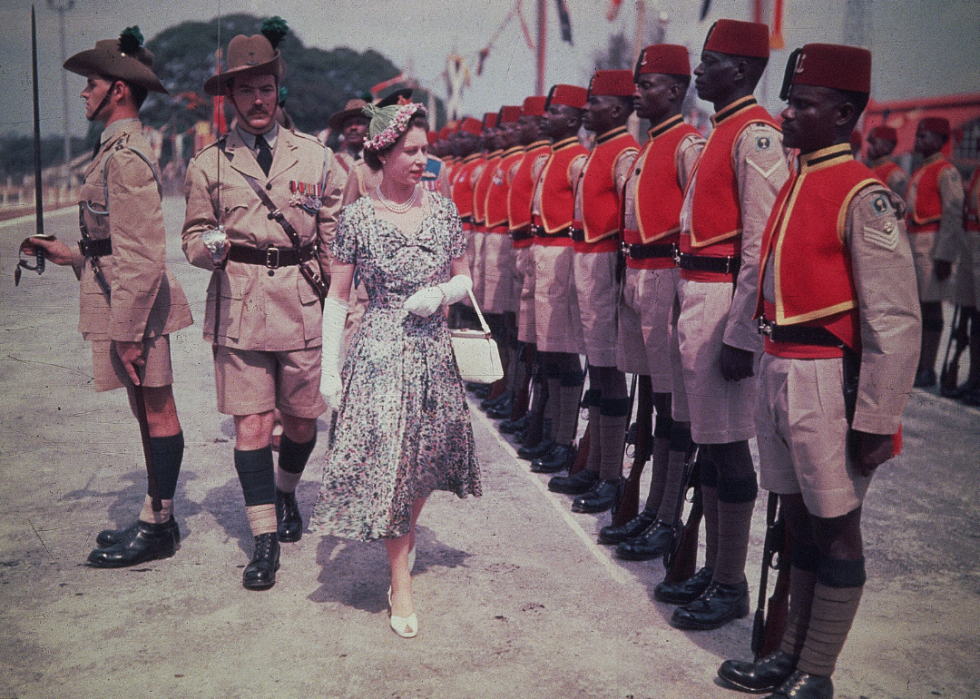
Decolonization sweeps the globe
So vast was the British Empire at its height in the 19th century that it was famously said that the “sun never set on the British Empire.” But beginning in 1947—with the independence of the former colony of India—and accelerating throughout the 1950s and ’60s, the British Empire slowly crumbled under a wave of decolonization. From Egypt to Iraq to Malaysia, former British colonies gained their independence, culminating with Hong Kong in 1997.
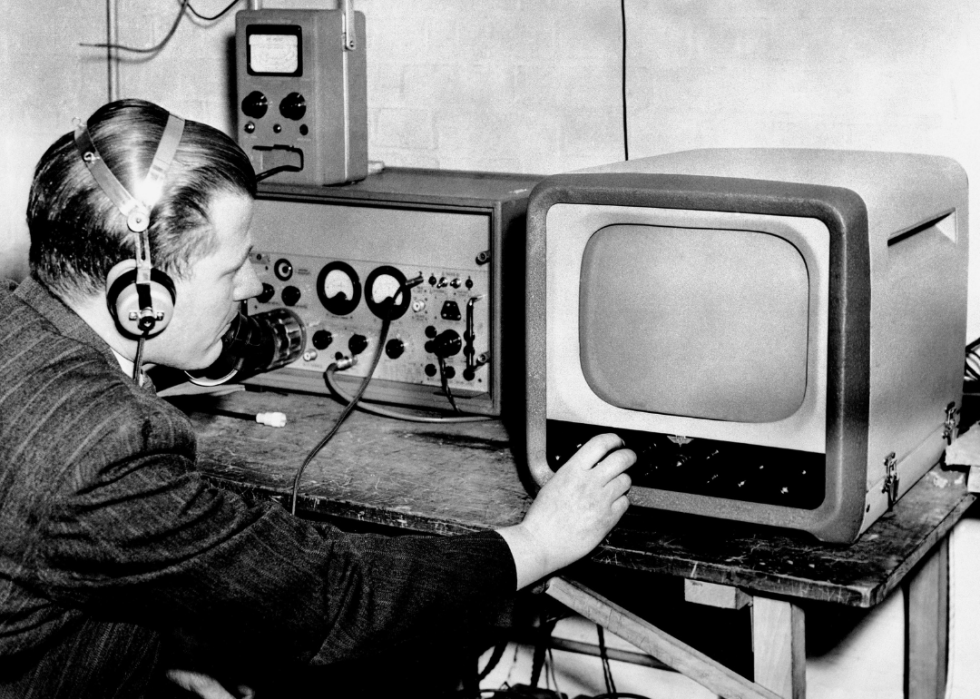
Television takes over
Around the world, television captured the hearts and minds of people looking for entertainment and news alike. Whereas previously many people received their news from radio and newspapers, television became increasingly dominant in the 1950s. Queen Elizabeth’s 1953 coronation was viewed more widely on television than it was listened to on the radio—a first for such an event.
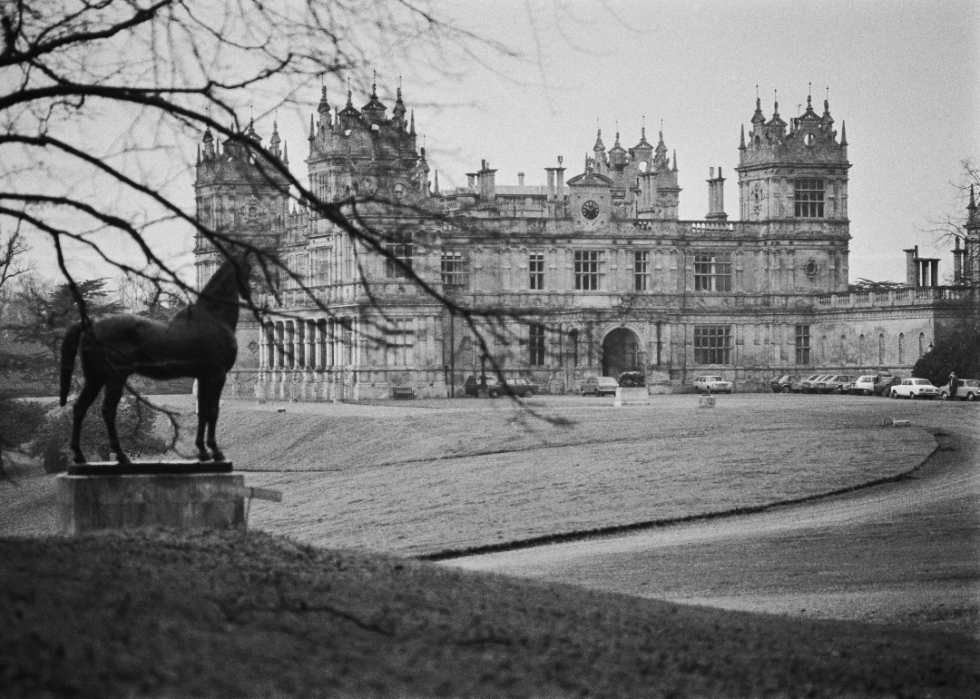
The decline of country houses
For centuries, the landed nobility in the United Kingdom held vast country estates. These estates served as either primary residences or weekend and holiday escapes, but in the changing fortunes of the aristocracy in the postwar era, many of these homes fell into disrepair or destruction. Many were used as headquarters or field hospitals during World War II, and after the war, many were in poor shape. Combined with heavy taxes and the cost of upkeep, many owners chose to sell their homes or leave them to fall apart.
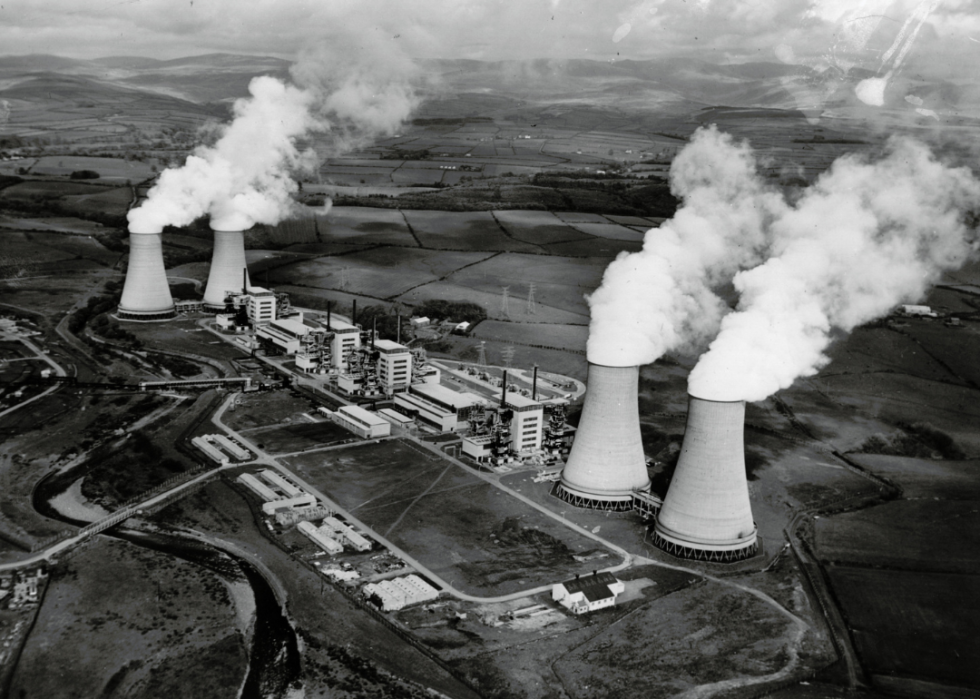
Nuclear power switches on
While it became famous for the devastating bombs at Hiroshima and Nagasaki, nuclear power also made the switch in the 1950s into a source of electricity. Britain’s first nuclear power station was switched on in 1956. The location was at Calder Hall, and Queen Elizabeth herself flipped the switch.
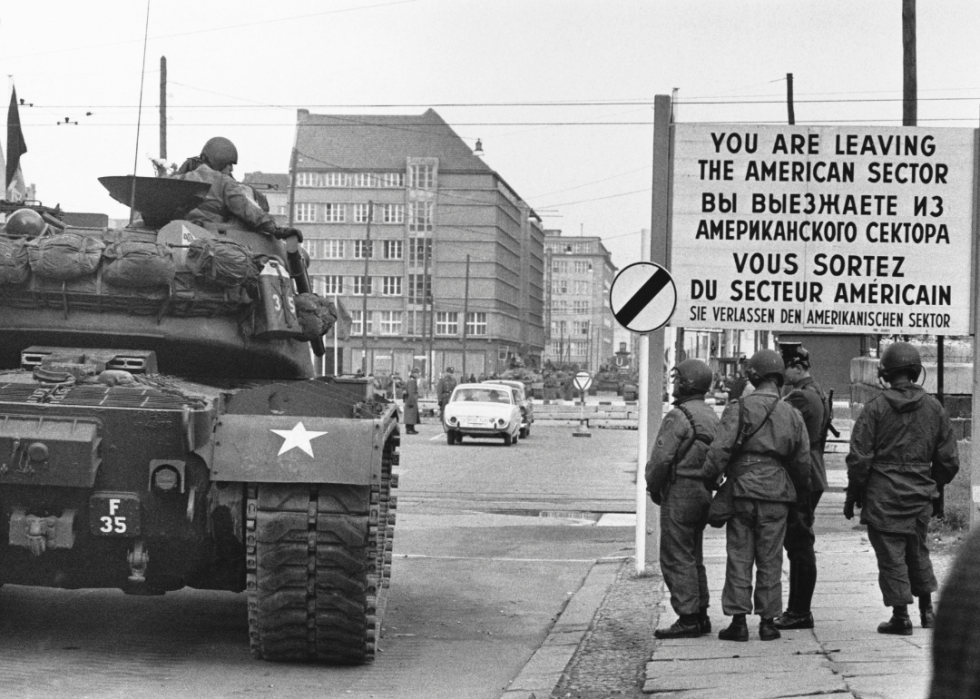
The Cold War ushers in a new kind of conflict
Far from the grim conflicts of World War I and World War II, the years between roughly 1950 and 1990 saw the world divided into a new kind of conflict. The Cold War pitted two ideologies—communism and capitalism—against one another. The war split the Western world into spheres of influence, with superpowers vying to become dominant. Under Queen Elizabeth, the United Kingdom allied with the United States to support democratic capitalism around the world.
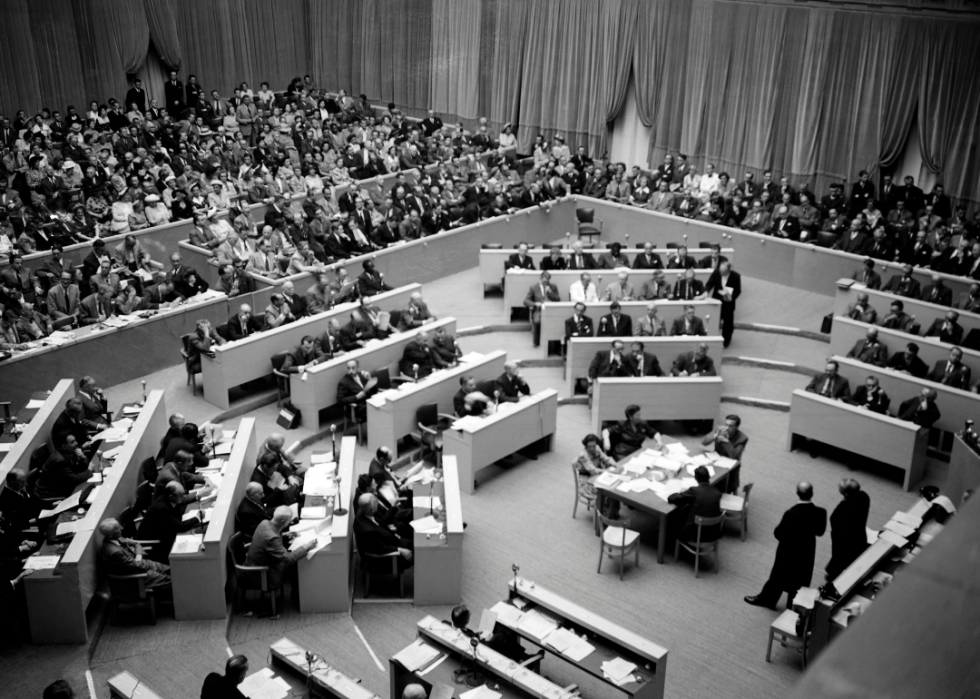
The European Community forms
Out of the ashes of World War II, the European Committee formed in 1972. Meant to promote trade, travel, and cooperation within Europe, the United Kingdom was admitted in 1973. Its status has always been contentious within the United Kingdom, and in 2016, the country voted to leave the European Committee’s successor, the European Union.
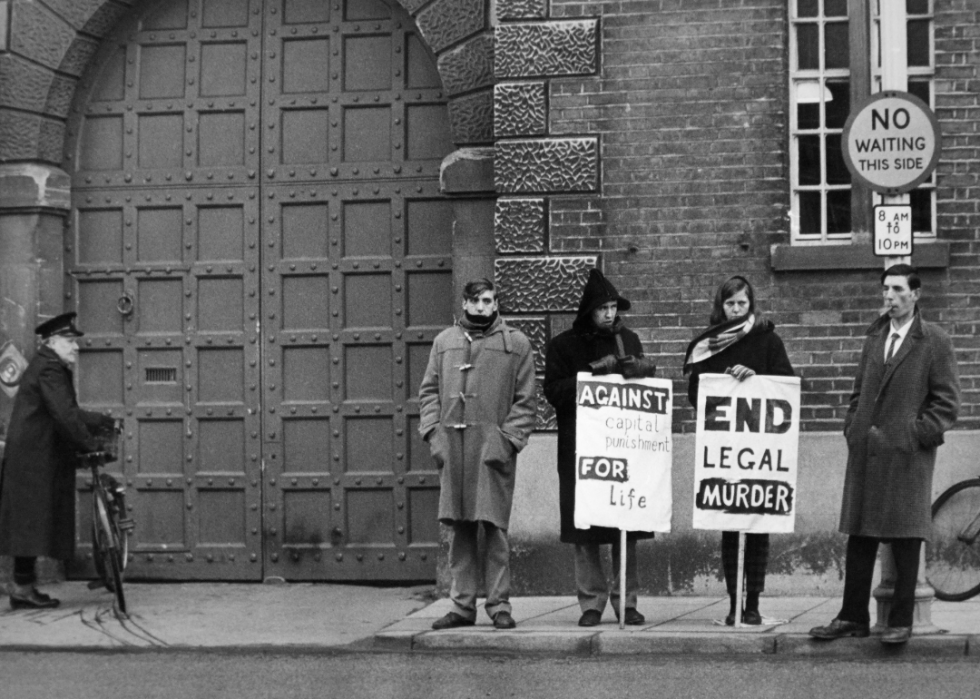
The death penalty is abolished
In 1965, Britain abolished the death penalty in cases of murder. Homicide was one of the last crimes for which the death penalty was allowed to be applied. On Nov. 8 of that year, Queen Elizabeth signed the Murder (Abolition of Death Penalty) Act, prohibiting capital punishment.
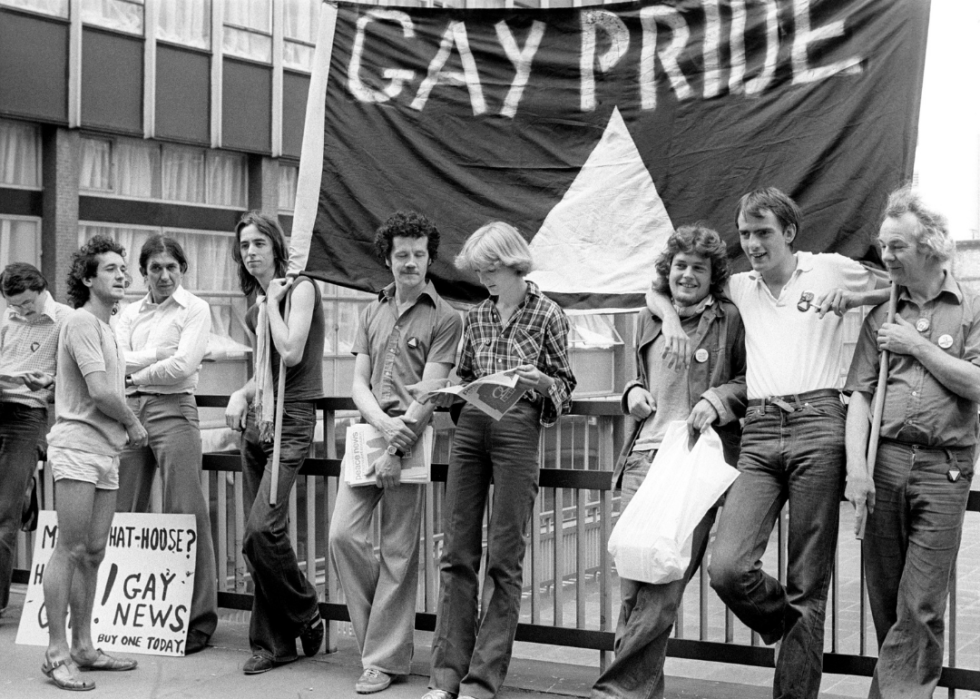
Homosexuality and abortion legalized
As in much of the rest of the world, LGBTQ+ rights and women’s rights developed, and the U.K. also saw changes in its legislation. In 1967, both abortion and homosexuality were legalized in the U.K. Decades later, the Queen was reportedly “elated” to sign the royal assent to the decree legalizing same-gender marriage.
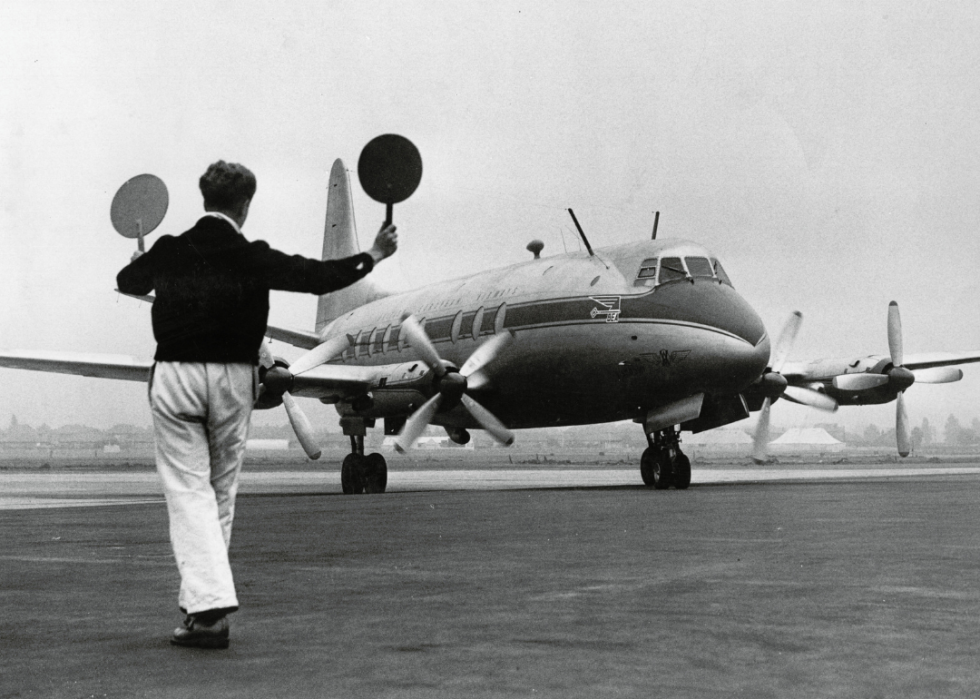
Airplanes revolutionize travel
When Queen Elizabeth ascended the throne, travel to another continent was often a weekslong journey made by ship. But starting in the 1960s, air travel became relatively common and allowed people to make such journeys in a matter of hours. Queen Elizabeth took her own first flight on the Concorde from Barbados to London in 1977.
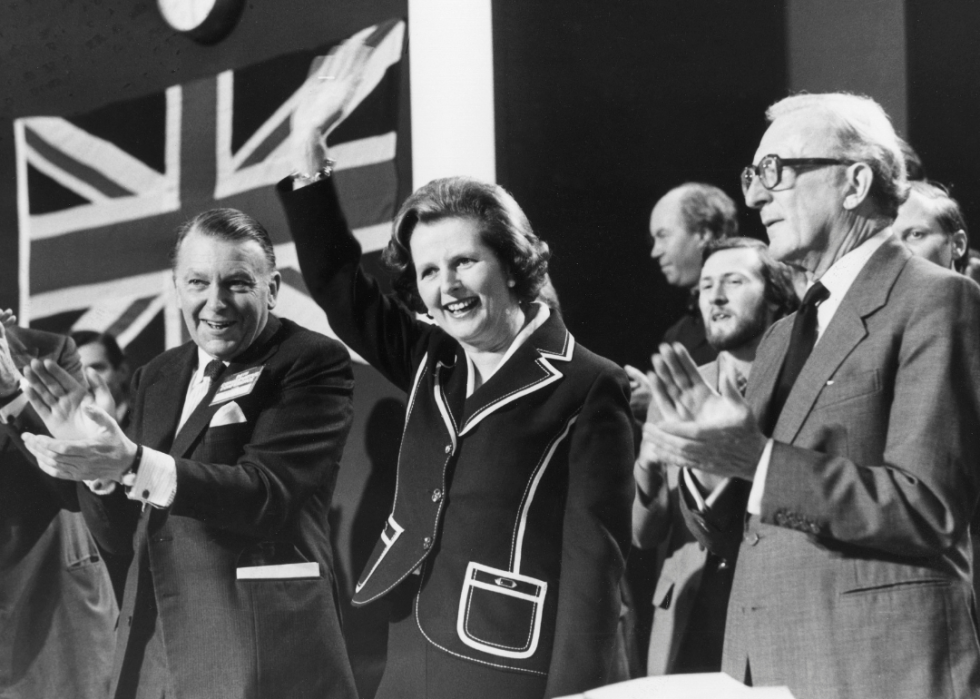
Women become heads of state
In 1978, Margaret Thatcher became the first woman Prime Minister of the United Kingdom. Her conservative rule is remembered for cutting taxes and government expenditures, and she shared a close relationship with United States President Ronald Reagan. Numerous other women have since become the head of state in other countries. The United States is a notable outlier.
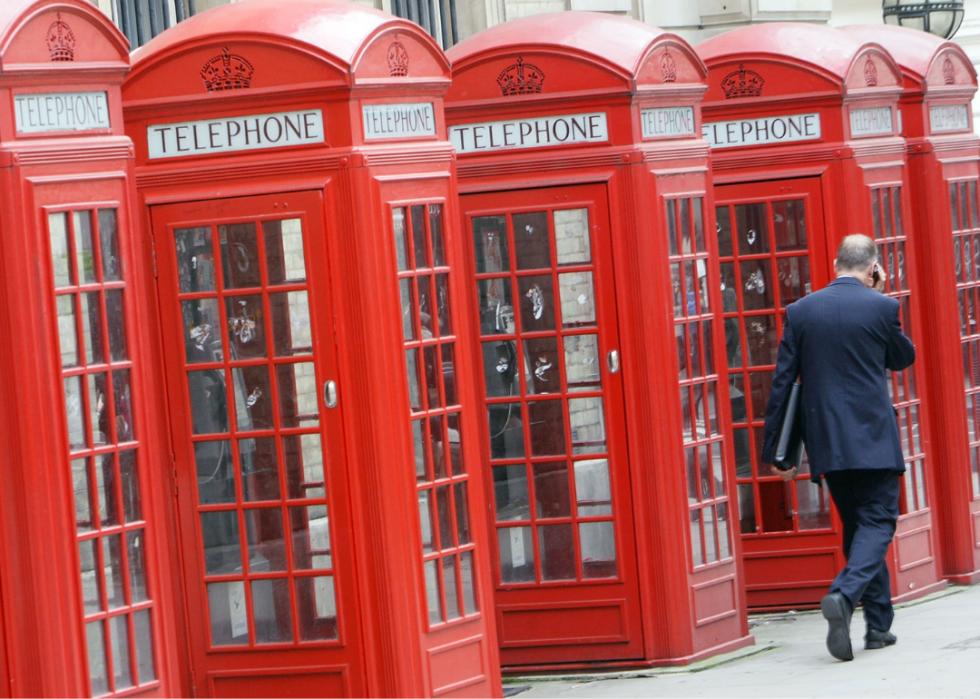
Privatization becomes the norm
In 1986, many industries once run by the government went private. British Gas, British Telecom, British Steel, and many other industries were privatized in order to reduce state expenditures. The trend has not been limited to the United Kingdom—from the former Soviet Union to the United States, many countries around the world have privatized formerly public utilities.
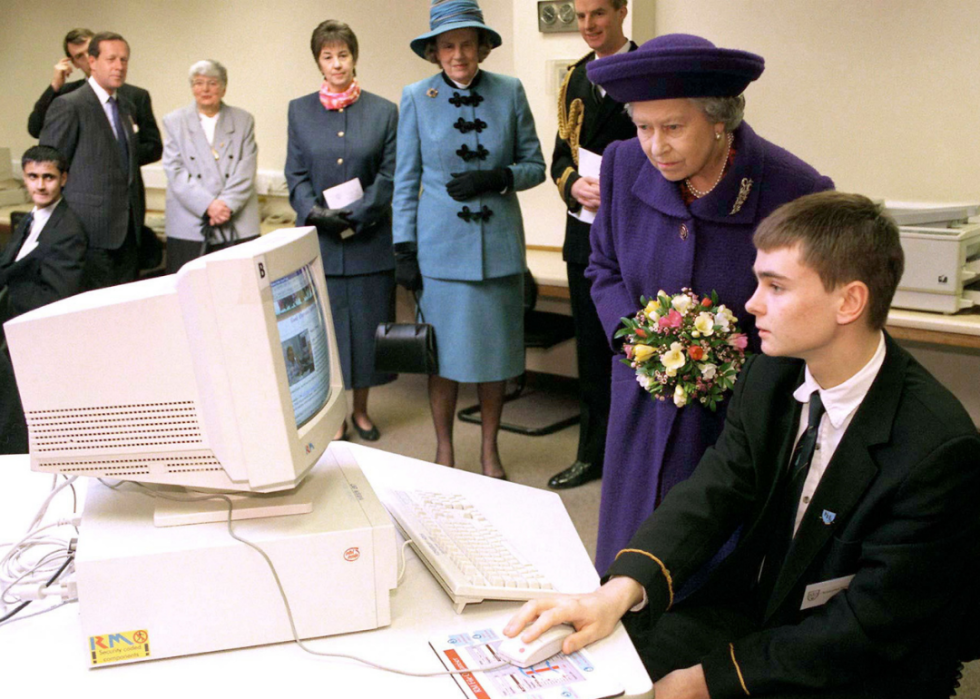
The World Wide Web is born
In 1989, a researcher in Switzerland came up with an idea for what would become the World Wide Web. His idea sparked the internet age, which has ushered in major changes in everything from commerce to communications. Queen Elizabeth was apparently an early convert to email.
[Pictured: The queen watches a demonstration by Christopher Bailey of how the royal website works during her visit to Kingsbury High School. Behind her, lady in waiting, the Duchess of Grafton, her Equerry, and at the far left, her police bodyguard Ken Atmore. March 6, 1997.]
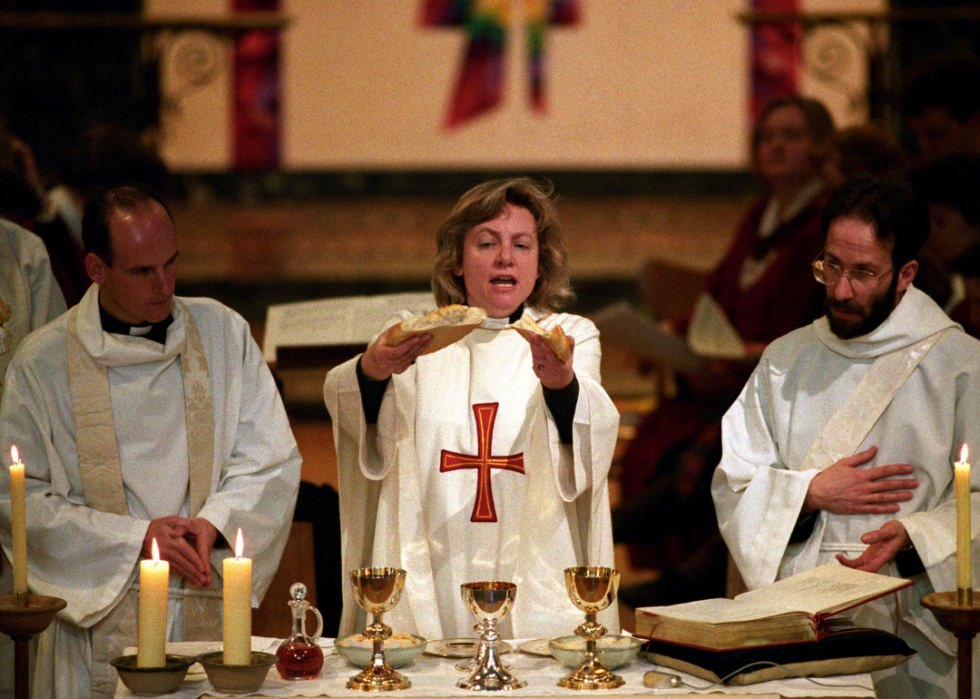
Women become priests
In 1994, the first women became priests in the United Kingdom. Many in the country and the faith welcomed the change. But some did not, and they joined the Catholic Church, which still does not allow women to become priests.
[Pictured: Woman priest Angela Berners-Wilson breaks the bread during the service at St. Pauls Church, Clifton, Bristol. March 13, 1994.]
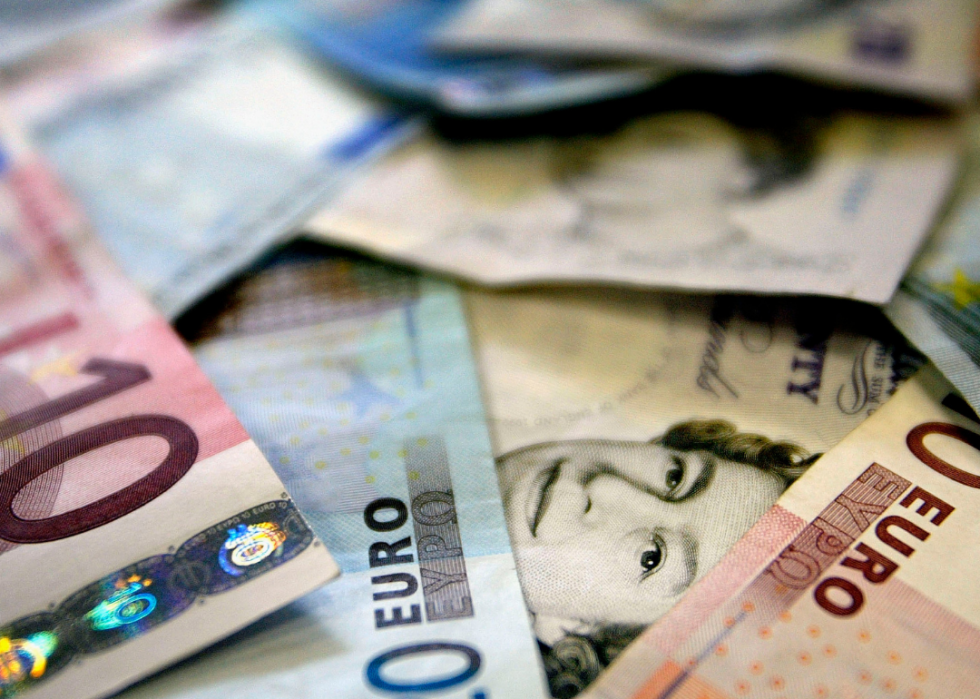
Currencies shift and change
In 2002, many countries in the European Union decided to abandon their national currencies for a central currency. Lira, francs, and pesetas all became euros in 2002. The United Kingdom decided to stay out of the common currency, and it still uses British pounds to this day.
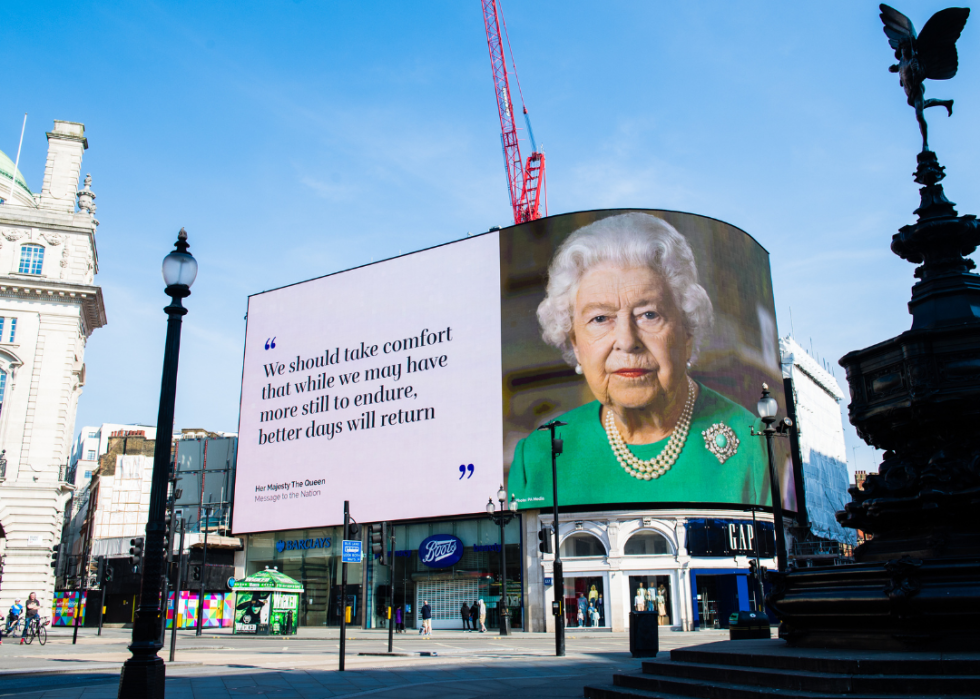
A global pandemic upends modern life
In 2020, the COVID-19 pandemic upended much of modern life. Entire economies and societies ground to a halt for months and, in many cases, years. Still, the rapid development of vaccines have changed the course of the pandemic, offering millions around the globe protection from severe illness and death.
[Pictured: An image of Queen Elizabeth II and quotes from her broadcast to the nation in relation to the coronavirus epidemic are displayed on screens in Piccadilly Circus on April 10, 2020, in London, England.]

